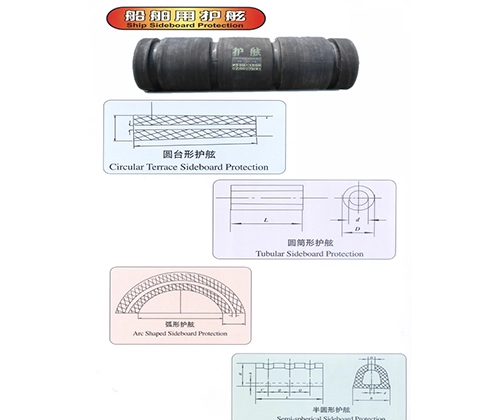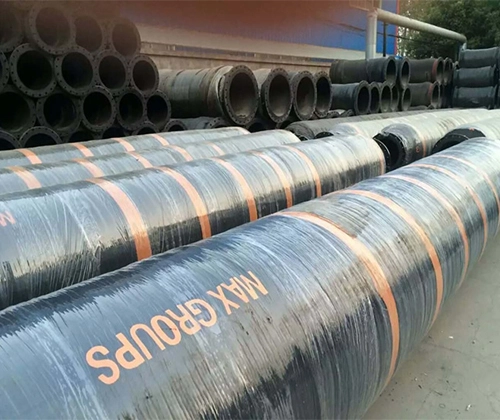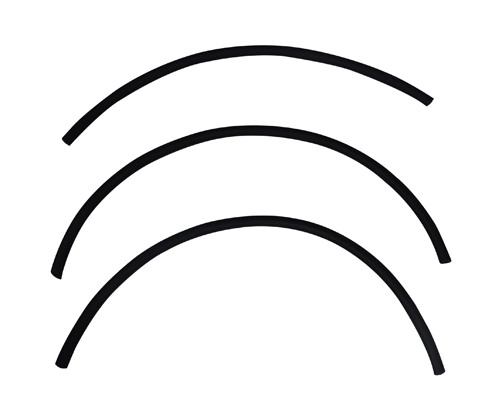In the process of shipbuilding and maintenance, marine rubber seals play a crucial role. They not only prevent the leakage of water, oil, and other fluids but also ensure the safe and stable operation of ship equipment. In recent years, polymer materials and composite materials have been increasingly applied in the field of marine seals. With their excellent performance, they have become key sealing solutions in the ship industry. This article will discuss the importance of these materials in marine sealing from three aspects: main characteristics, categories, and structure.
Main Characteristics of Polymer Materials
Polymer materials are macromolecular compounds formed by linking small molecular units through covalent bonds, with the following characteristics:
Lightweight and High Strength: Compared to traditional metal materials, polymer materials have lower density but higher strength, making them suitable for shipweight reduction design.
Strong Corrosion Resistance: The marine environment demands highly corrosion-resistant seals, and polymer materials can resist the erosion of salt spray, moisture, and oil for a long time.
Good Elasticity and Wear Resistance: Their excellent elasticity allows them to adapt to the vibration and deformation of ships under harsh working conditions, and they have outstanding wear resistance, which prolongs the lifespan of the seals.
Rubber is the most common material used in marine rubber seals. It is suitable for shaft seals, sealing rings, gaskets, etc., and can effectively resist high temperatures, fuel, and chemical corrosion. By adding fillers and additives, the oil resistance, heat resistance, and wear resistance can be further enhanced.
Main Structure
Static Seals
Gasket Seals: Usually used for flange connections in pipelines, made of rubber, metal, or composite materials.
O-ring Seals: Used in places like end flanges and end caps, providing good sealing effects.
Sealing Gaskets: Used in high-pressure environments, such as hydraulic systems, to prevent fluid leakage.
Dynamic Seals
Sliding Seals: Common in piston mechanisms, such as hydraulic cylinders and pneumatic cylinders.
Rotary Seals: Used in pumps, engine bearings, etc., to prevent fluid leakage.
Ferrofluid Seals: Suitable for high-temperature and high-pressure equipment, utilizing ferrofluid to form an "O-ring seal," enhancing sealing performance.
Polymer materials and composite materials are increasingly used in marine rubber seals and the field of marine sealing, effectively enhancing sealing performance and meeting different working conditions. With the development of material science, these sealing materials will continue to be optimized in the future, providing more durable and efficient sealing solutions for the ship industry. YongHong focuses on high-performance marine rubber seals, providing reliable sealing products for the ship industry to ensure the safe and stable operation of ships.
- Case Study: Small Dredging Project at a Local Marina
- Armored Self-Floating Rubber Pipe: A Comprehensive Overview
- How to Choose Suitable Flexible Dredge Hose
- Power 2+ Years of Zero Downtime in River Maintenance
- Flexibility and Customization: The Core Competitiveness of Dredge Rubber Hoses
- Durable and Reliable Rubber Dredging Hose Solutions
 English
English


